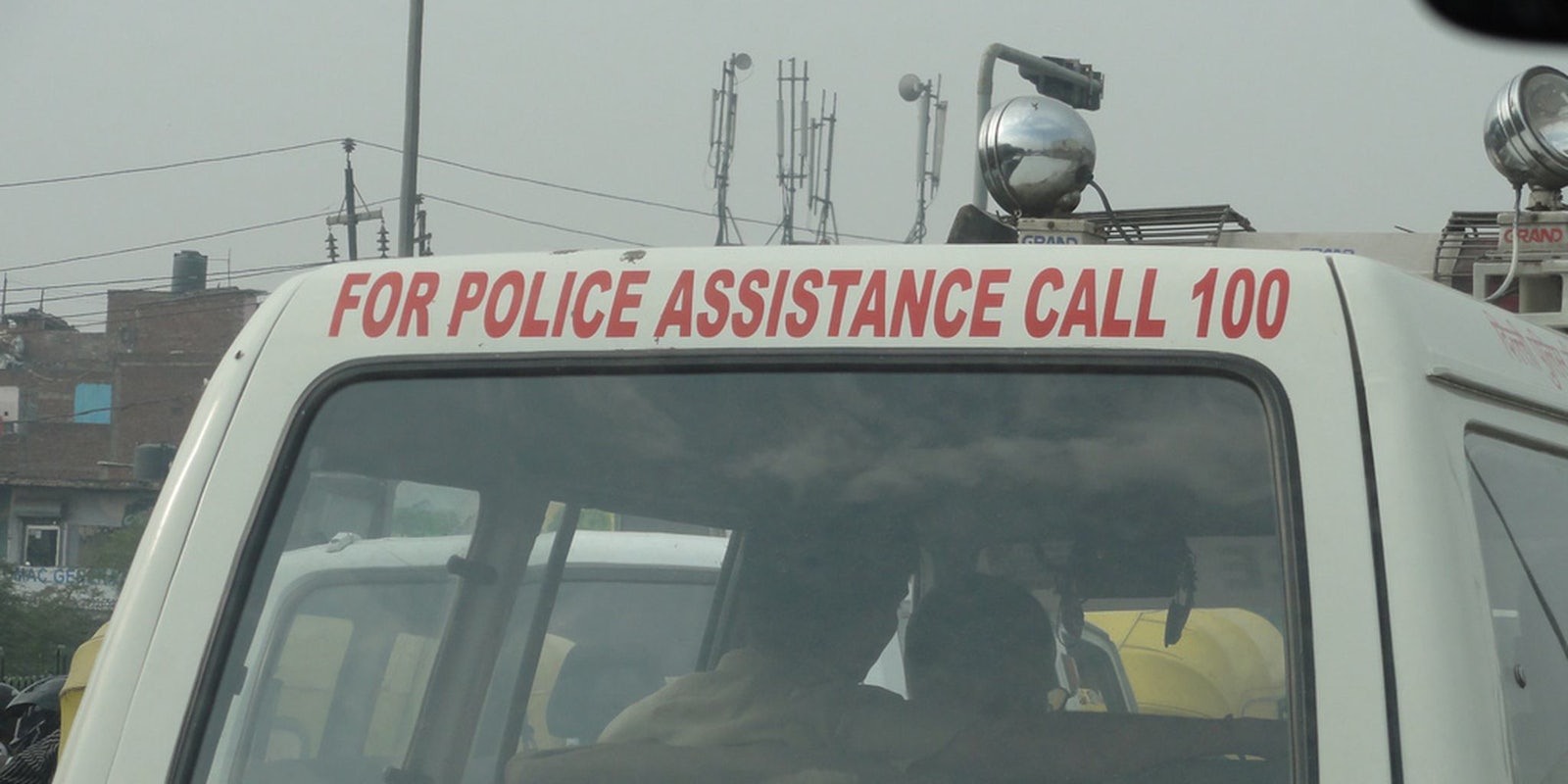When a child goes missing in the U.S., law enforcement send out AMBER alerts to the public so people can look out for someone who fits the description. The National Center for Missing and Exploited Children takes advantage of Facebook and Twitter, and even smartphone notifications, as ways to broadcast these alerts.
But perhaps they should take a page from police in Bareilly, India: Law enforcement officials in the small northern town used messaging app WhatsApp (yes, the one Facebook bought for $19 billion) to find a missing child. Officers sent out a WhatsApp message with details about an 11-year-old boy who had disappeared riding his bike.
A man traveling on a train received the WhatsApp message on his phone and noticed that a boy sitting near him fit the description. Sure enough, it was him. Police aren’t clear how the boy ended up on the train where he was found and are investigating. But whether it was a kidnapping gone awry or just a lost child, the boy’s ordeal was cut short specifically because the police chose this new form of mobile alert.
“We used various ways to publicize the boy’s story. We printed pamphlets and pasted them around Bareilly. We uploaded a digital copy of the poster on WhatsApp and sent it out as a chain message,” senior police officer SP Singh told BBC Hindi. “By chance, the message reached the right person.”
This is likely just the beginning for WhatsApp as a police tool. Police stations throughout Goa, India are already using the no-frills messaging app as an investigative tool to share data in real-time.
WhatsApp is the most popular mobile messaging platform in India, so use there is much more widespread than it is in the U.S. This means the app is better suited to working as a missing child alert on the subcontinent than it is in America. But this case highlights how helpful mobile alert systems can be. As Facebook continues its quest to build an empire of standalone mobile apps, perhaps the social network will consider a public safety and public announcement service to provide people with critical mobile alerts.
H/T BBC | Photo via Flickr/hiroo yamagata (CC BY-SA 2.0)


